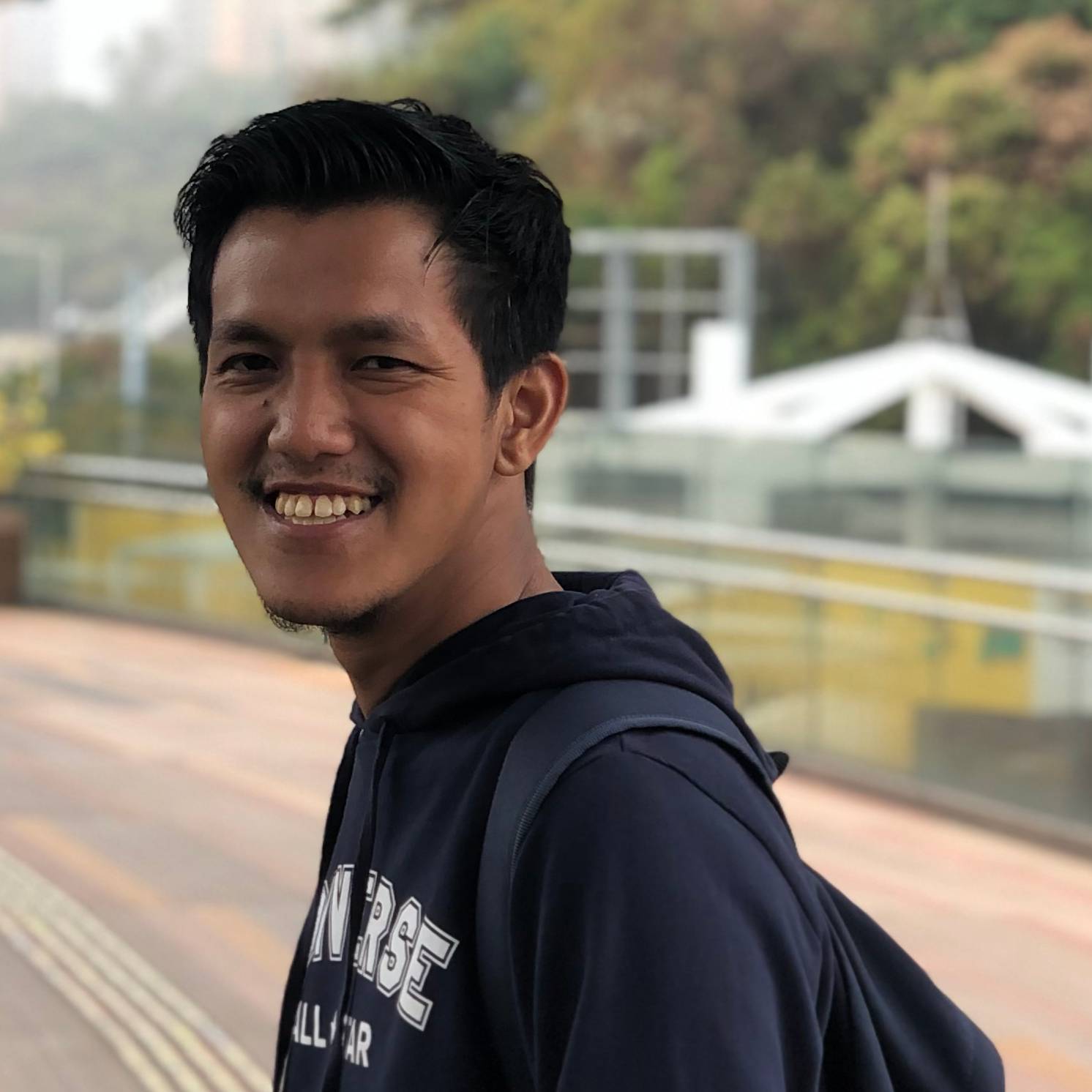Dr Marwan al-Sultan was not a soldier. He was one of Gaza’s last remaining cardiologists, and the director of the Indonesian Hospital in northern Gaza—a facility built with donations from ordinary Indonesians. For months, he worked amid airstrikes, shortages, and siege, refusing to abandon his patients even when he had the chance to leave.
On 2 July, an Israeli airstrike killed him, along with his wife, daughter, and sister, in the apartment where they had sought shelter. The missile struck only the room where he was sitting. His son-in-law is missing and presumed wounded. None of them posed a threat. None carried weapons. Their deaths are not collateral—they are calculated.
This is part of a wider pattern: the systematic dismantling of Gaza’s health system. Since October 2023, over 1,400 healthcare workers have been killed, according to the United Nations. Some died while performing surgery. Others were struck inside ambulances, refugee camps, and even while evacuating the wounded. At least 300 medical workers are currently imprisoned by Israel without charge, according to medical NGOs. The few hospitals still functioning have been bombed repeatedly or surrounded until unusable.
READ: Former footballer Lineker says BBC should ‘hold its head in shame’ for dropping Gaza documentary
Dr al-Sultan’s killing is an irreplaceable loss for Gaza’s already shattered medical system. But it is also a political test—especially for Indonesia.
For years, Indonesia has positioned itself as a steadfast supporter of Palestine. It has refused ties with Israel, donated millions in humanitarian aid, and constructed the very hospital Dr al-Sultan led. And it has consistently endorsed the two-state solution, treating it as the final answer to Palestinian suffering.
But his death exposes how little that vision ever promised.
While the idea of two sovereign states living side by side has long been treated as the bedrock of international diplomacy, it has never reflected reality. Israel’s continued expansion of illegal settlements, its military occupation of the West Bank, and its 17-year blockade of Gaza—all executed with impunity—have turned that vision into a hollow mantra.
There is no Palestinian state. There is no path to one. There is only deepening occupation and an entrenched system of control that denies Palestinians basic rights—including the right to live, to treat the wounded, or even to be buried without fear of another airstrike.
The two-state framework has served, above all, to buy time—for Israel to fortify its dominance, and for the international community to avoid the difficult choices that justice would demand.
Dr al-Sultan died within that system. It did not recognize his civilian status, nor protect him as a humanitarian. His killers are unlikely to face consequences. And once again, statements of “regret” fill the space where accountability should be.
Indonesia’s foreign ministry issued a condemnation. MER-C, the Indonesian humanitarian group that built the hospital, called his killing a war crime. These are necessary first steps. But they are not enough.
READ: Over 714,000 internally displaced in Gaza since breakdown of ceasefire: UNRWA
Diplomatic language will not stop targeted killings. Aid alone will not protect hospitals. Condolences do not shield doctors from missiles.
If Indonesia’s commitment to Palestine means anything, it must move beyond assistance. It must translate moral outrage into political cost. That includes supporting international legal action against war crimes. It means rejecting normalization with an apartheid regime. It means applying pressure—through trade, diplomacy, and public platforms—on those who enable and justify this violence.
Dr al-Sultan stayed in Gaza under siege. He ran a hospital as it was shelled. He saved lives under impossible conditions. He never carried a gun. He did not choose this war. And yet, it chose him.
A system that cannot distinguish between a doctor and a fighter is not malfunctioning. It is functioning exactly as intended.
There is no reforming this with peace talks. There is no rebuilding trust with more aid while the killing continues.
The two-state solution was never a solution. It was a diplomatic compromise that ignored the power imbalance at the heart of the conflict. Its repetition today serves to obscure crimes, not resolve them.
The death of Dr Marwan al-Sultan should end this illusion. It should mark a turning point where states like Indonesia stop asking how much more aid they can give—and start asking how much longer they can ignore the root of the violence.
Justice will not come from frameworks that helped produce the injustice. It will come from confronting it.
OPINION: Prabowo’s Saudi visit: Key takeaways
The views expressed in this article belong to the author and do not necessarily reflect the editorial policy of Middle East Monitor.

![Friends and relatives mourn after Indonesian Hospital director doctor Marwan al-Sultan was killed along with 7 members of his family following an Israeli attack on an apartment located in 17th Junction in Gaza City, Gaza on July 2, 2025. [Ali Jadallah - Anadolu Agency]](https://i0.wp.com/www.middleeastmonitor.com/wp-content/uploads/2025/07/AA-20250702-38450989-38450981-INDONESIAN_HOSPITAL_DIRECTOR_AND_HIS_FAMILY_KILLED_IN_ISRAELI_ATTACK_OVER_GAZA-1.jpg?fit=920%2C613&ssl=1)







